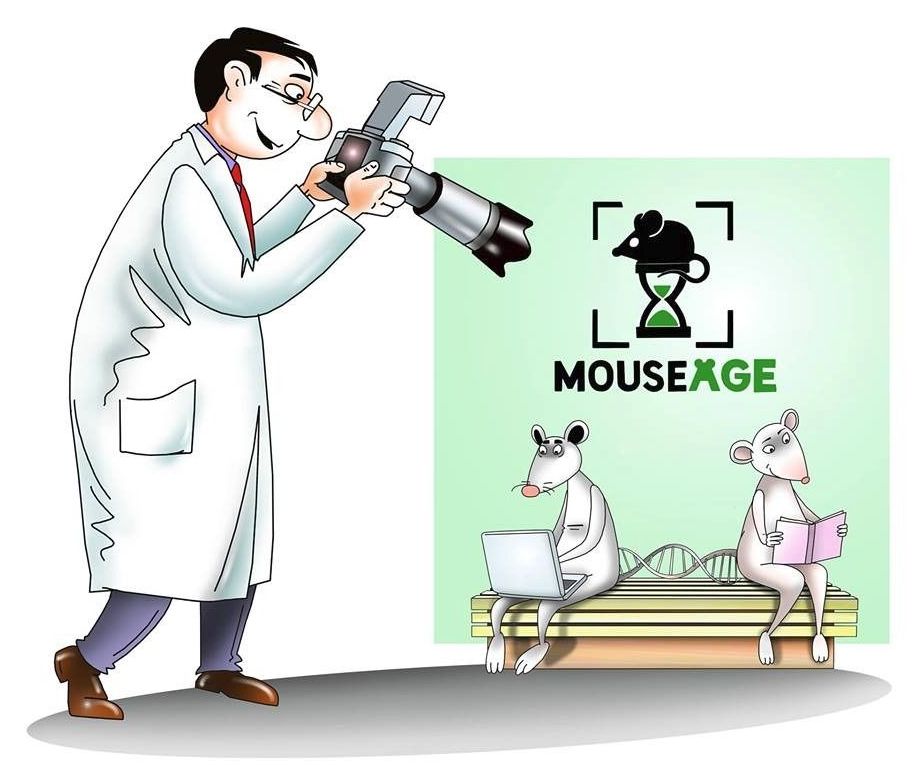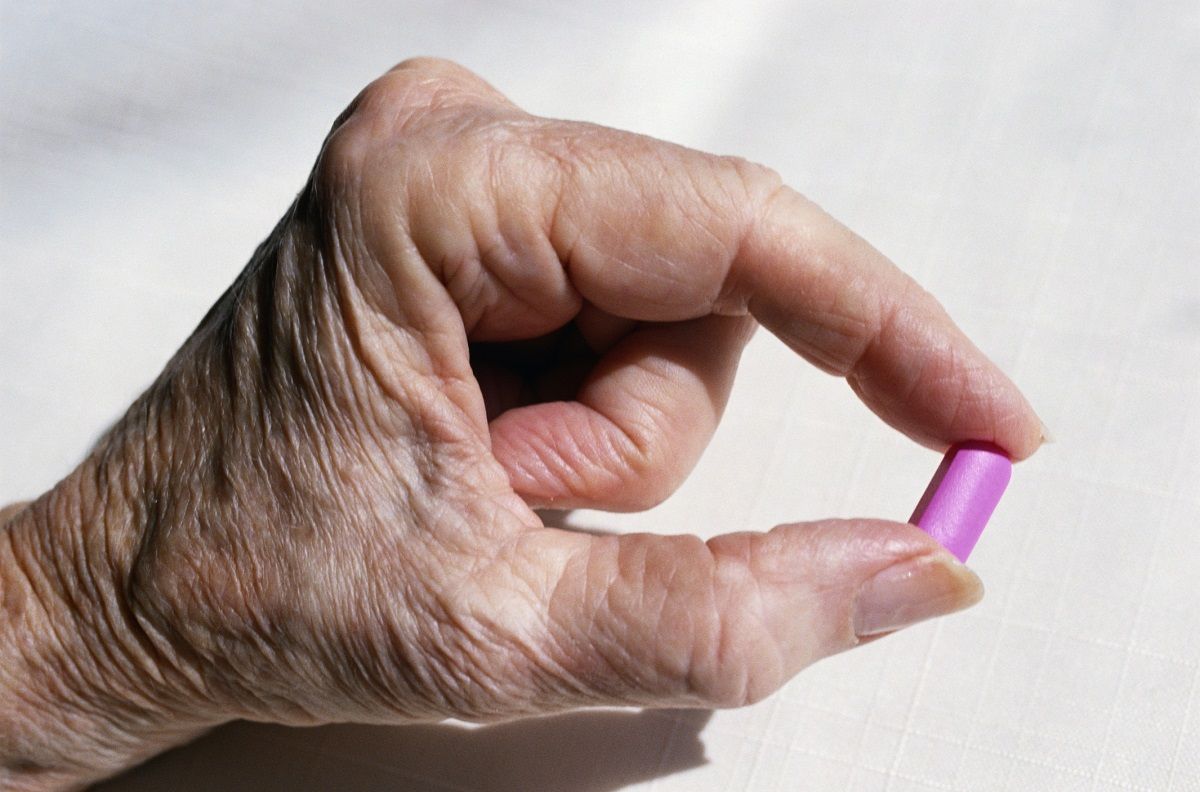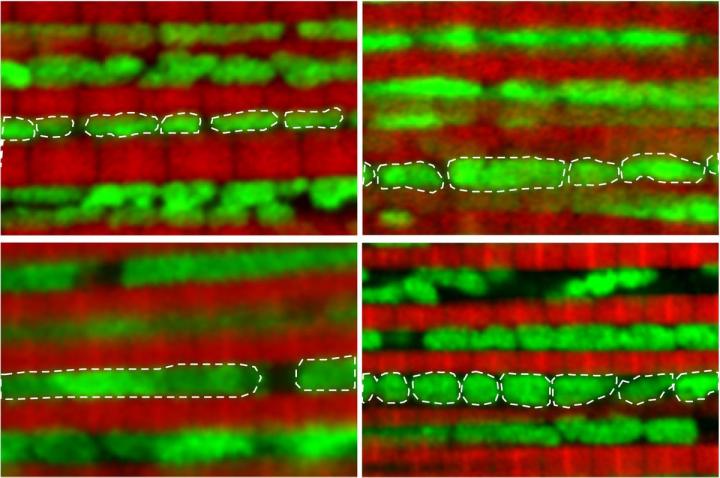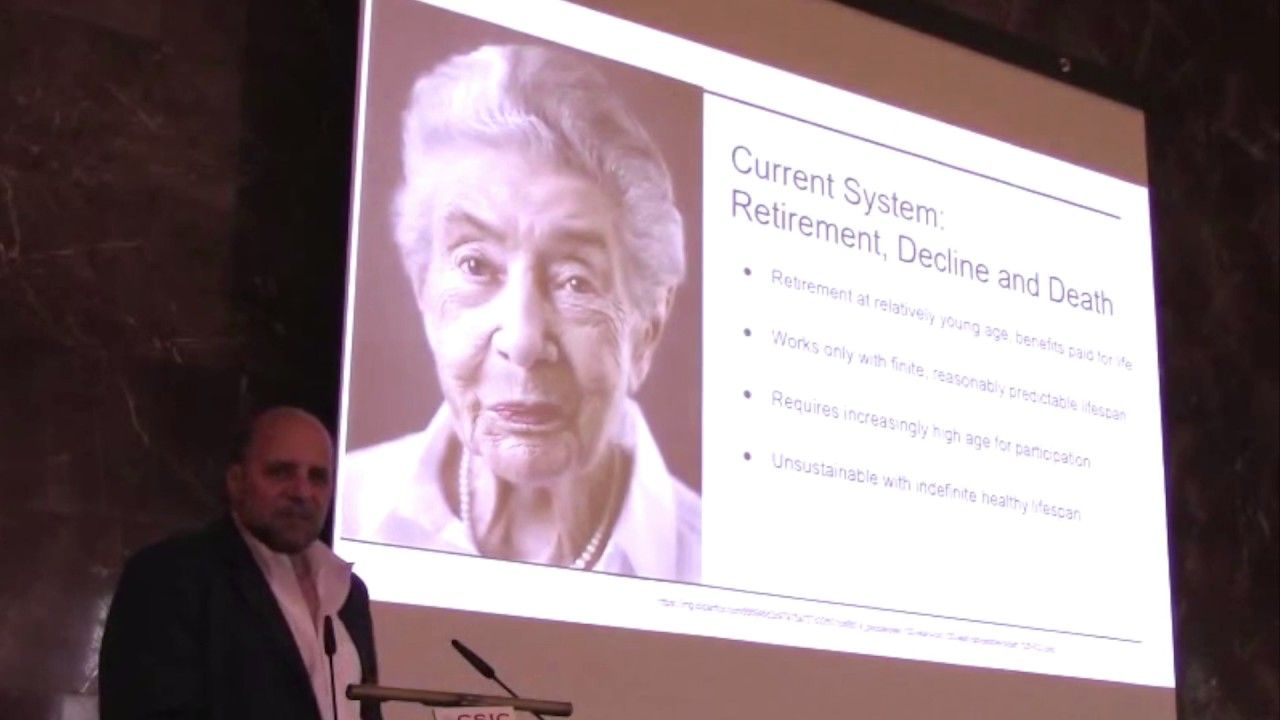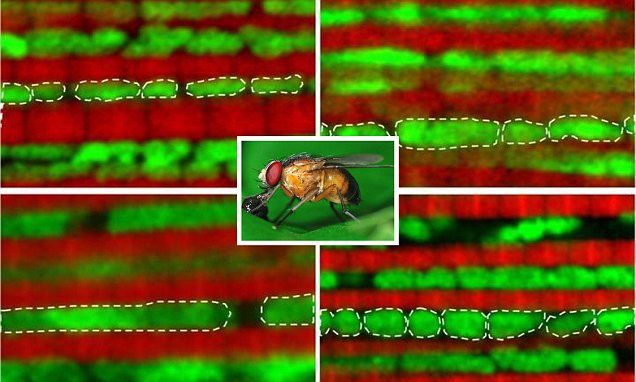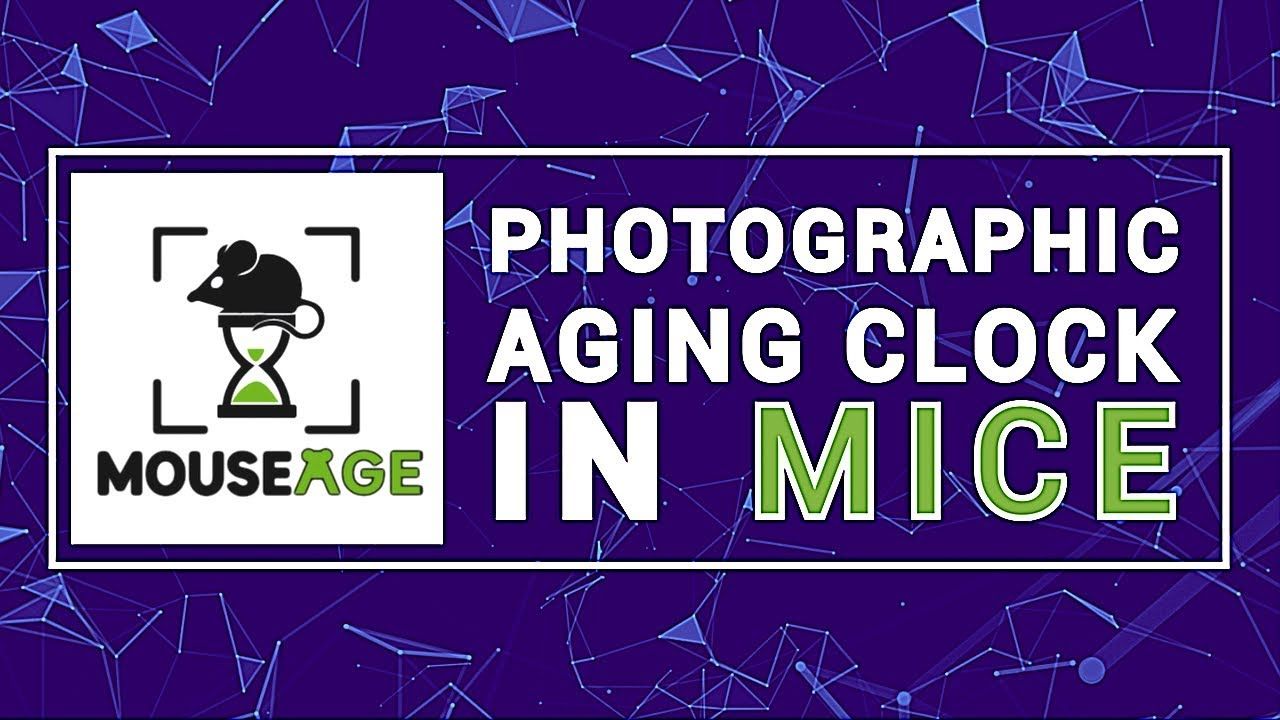Today we have another video update from the Mouseage team who are working to create the first artificial intelligence-based photographic biomarker of aging in mice. The project aims to provide researchers with a cheap and effective biomarker system that can be used to quickly determine if interventions against the age-related diseases are effective as well as helping to save the lives of lab animals worldwide.
In this episode, Poly Mamoshina is at Oxford University is talking about aging biomarkers and why they are so important for research. Poly is a research scientist at Insilico Medicine in the Pharma AI division which specializes in artificial intelligence-based drug discovery. She is also a part of Computational biology team in Computer Science Department at the University of Oxford, you can learn more about her work here.
What are biomarkers and why are they so important in aging research? Poly explains in this informative video.
